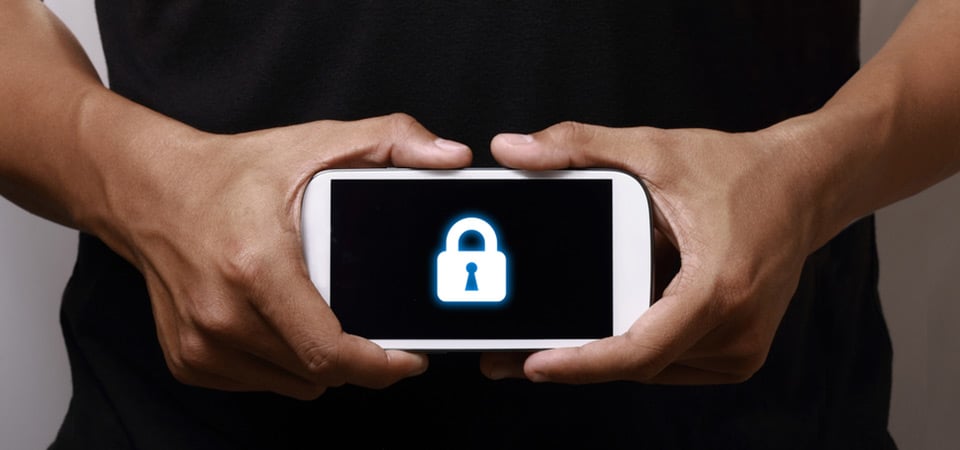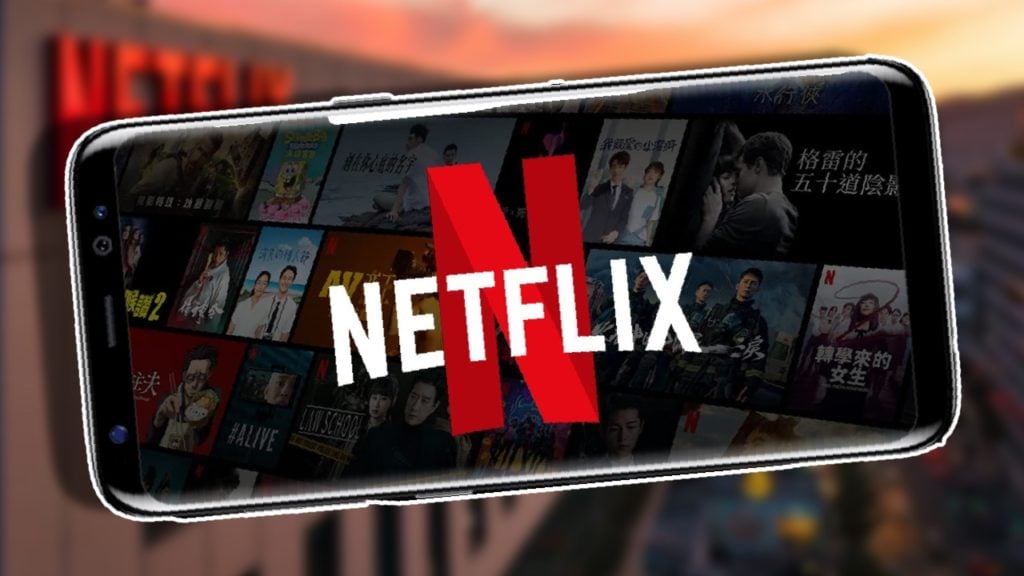Without a VPN, your online activities are exposed. While we're not tracking you personally, browsing without a VPN is incredibly risky. Think of it like walking around with your personal information plastered on a sign – your name, address, email, and more are readily available.
We all value privacy, yet many unknowingly compromise it. Only a fraction of internet users utilize VPNs, and even fewer protect their mobile devices on public Wi-Fi networks. Let's explore why securing your Android phone with a VPN is crucial, straightforward, and even enjoyable.
Understanding VPNs
 A VPN, or Virtual Private Network, masks your IP address (revealing your location and online habits) with the IP address of an anonymous server. This prevents anyone from tracing your online activity back to you, even your internet service provider.
A VPN, or Virtual Private Network, masks your IP address (revealing your location and online habits) with the IP address of an anonymous server. This prevents anyone from tracing your online activity back to you, even your internet service provider.
The encrypted connection your VPN creates shields your data from cybercriminals targeting users on unsecured public networks. Even at home, a VPN adds an extra layer of security, preventing unwanted access to your location and other private information.
VPNs: Beyond Security
 VPNs offer more than just security. Bypass censorship and access geo-restricted content easily by connecting to a server in a different country (most VPNs offer servers globally).
VPNs offer more than just security. Bypass censorship and access geo-restricted content easily by connecting to a server in a different country (most VPNs offer servers globally).
This unlocks content unavailable in your region due to licensing or commercial restrictions. Think Netflix: each region has a unique library, and a VPN lets you access content from anywhere. This applies to YouTube, news websites, region-locked games, and more.
Using a VPN is surprisingly simple. Despite the technical-sounding name, protecting your privacy is as easy as installing an app, creating an account, and selecting a server location on a world map.

 Latest Downloads
Latest Downloads
 Downlaod
Downlaod




 Top News
Top News








